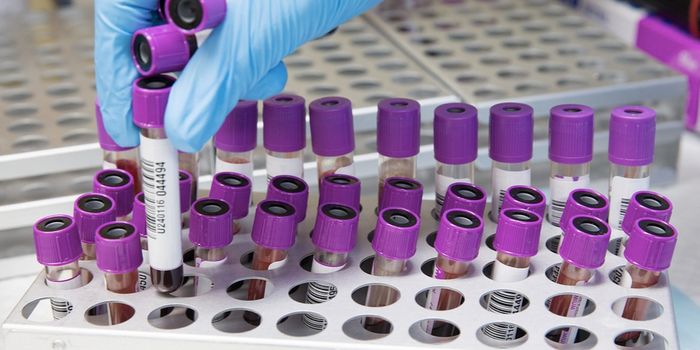First Approved Drug to Show Promise Against Mesothelioma
A cancer antibody is showing promising results against mesothelioma, one of the most lethal silent cancers. The antibody is known as pembrolizumab (Keytruda) and works as a second-line immunotherapy agent to destroy the cancer. Researchers say this is the first approved drug to show effectiveness against mesothelioma.
As one of the most aggressive cancer types, mesothelioma is a cancer of the lining of the lung. Uniquely, this cancer is caused by exposure to manmade products containing the carcinogen asbestos. When breathed into the lungs, asbestos fibers get trapped and cause scarring and inflammation, triggering serious health conditions like mesothelioma. Though rare nowadays in the US, cases of mesotheliomas are still rampant in other parts of the world due to unregulated use of materials containing asbestos. The disease has a poor prognosis, with less than one-year survival rates after diagnosis.
"There have been a lot of studies looking at different drugs, but researchers have not seen positive results. But we've found this new class of drugs, checkpoint inhibitors, seems to be more effective than what's been available in the past,” said Dr. Evan Alley, a medical oncology specialist at the Penn Presbyterian Medical Center of the University of Pennsylvania Health System in Philadelphia, and the study’s lead author.
In a study of 25 patients with mesothelioma who were given pembrolizumab every 2 weeks for 2 years, the team observed significant changes in cancer progression. This included tumor shrinkage in 14 of the patients. The average survival time was extended to 18 month, of which the first 6 months seem to show no progression of cancer.
"Most patients who receive a second-line therapy have a life expectancy of about 6 or 7 months, so to have four patients still ongoing at 2 years is very encouraging,” said Dr. Alley.
Pembrolizumab targets the programmed cell death 1 (PD-1) receptor, a protein that’s responsible for preventing the immune system from attacking its own cells. Cancers can take advantage of this system by making its own proteins that bind to PD-1, which shuts down the body’s ability to kill the cancer. As an immunotherapy, pembrolizumab boosts the body’s ability to kill the cancer again. The drug is already approved for the treatment of several other types of cancer, including non-small cell lung cancer, melanoma, and some head and neck cancers.
While promising, the results of this study are limited by the small sample size. More validation studies are necessary to confirm the anticancer effects of pembrolizumab against mesothelioma. But as it is, chemotherapy as a first-line defense, and pembrolizumab as a second-line defense seems to be a promising strategy.
“This study provides evidence that some patients can have long-term disease control with this drug, which we haven't seen before. We need to better understand what we can do next to make immunotherapy more effective for more patients,” said Dr. Alley.
Additional sources: MNT









